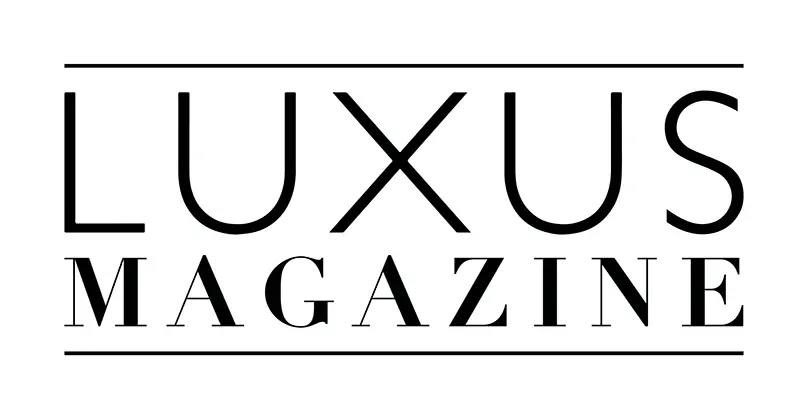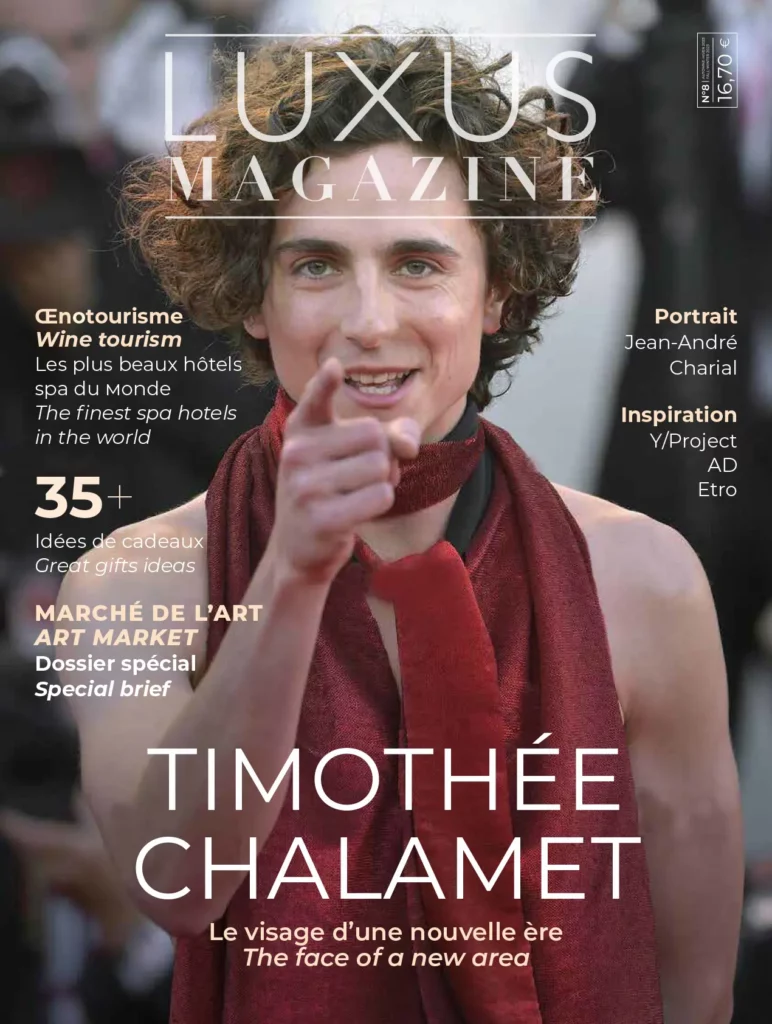A brief history of French luxury

France has been considered a symbol of luxury on the international market for nearly a century. A look back at the history of French luxury.
Luxury is the flagship of French know–how, it is one of its primary riches and one of the reasons for the country’s fame. If French luxury is so glorious today, this was not the case before the reign of Louis XIV, when France was overtaken by its European neighbors. French gold weavings cannot match the porcelain and silk of China, the lace of Flanders, or the glassware of Italy.
Today, France no longer has anything to envy other countries when it comes to luxury, and “out of the 270 luxury brands in the world, 130 are French and account for a quarter of sales“, says journalist Laurence Picot, author of the book Les Secrets du luxe. History of French industry.
In order to understand how France has imposed itself on the market over the centuries, to the point of becoming the benchmark in luxury goods, and having a monopoly on market sales, we need to delve into its deep origins. Back to the beginnings of French luxury and the creation of the greatest houses.
The history of luxury made in France goes back to Louis XIV and his minister Colbert at the end of the 17th century, at a time when France was still far from imposing itself in the field of luxury compared to Italy, China, and Holland, which were already asserting themselves as world leaders in luxury.
It was not until the appointment of Jean-Baptiste Colbert as Minister of Finance in 1665 that France finally got its grip on what would become one of its greatest specialties: luxury. The year 1665 was also the year in which the Royal Glass Factory was founded, which later became the Compagnie de Saint-Gobain.
Cradle of French luxury, the various manufactures of Saint-Gobain, Gobelins, and Sèvres brought together in the 17th and 18th centuries the best craftsmen and developed French know-how in order to export these symbols of opulence abroad. The high-end mirrors produced in France surpassed those of Venice, and the 18th century became the century of luxury and enjoyment for the country.

The small French town of Romans-sur-Isère, located in the Drôme region, has been famous since the Middle Ages for its historic luxury shoe industry. But it is from 1891 that the first major luxury footwear brands emerged in France, with Weston in Limoges, Paraboot, established in the town of Saint-Jean de Moirans in Isère since 1908, and Heschung, located in Dettwiller in Alsace.
French fashion is recognized as the international reference in this field, and Paris is considered the fashion capital. Thus, it is not surprising that many of the greatest luxury houses of all time were born in France. After the July Revolution in 1830, and the rise of a middle class in France, the first big names in luxury appeared with Hermès in 1837 and Cartier in 1847.
As for French luxury leather goods, they began to shine in 1854 with the founding of the first Vuitton workshops by the trunk maker Louis Vuitton, originally from the Jura region. Later, it was the Longchamp brand, formerly specializing in luxury leather goods and created in 1948 with its workshops in Maine et Loire and Mayenne, that would mark the history of French leather goods.

In the field of perfums, France is well known for the Pays de Grasse, whose expertise in perfumery is now listed as a UNESCO intangible cultural heritage site. It is the country that saw the birth of great houses such as Guerlain, founded in Paris in 1828, and Lancôme in 1935.
Thus, France has gradually established itself in the various luxury sectors, from fashion to jewelry, to the point where it has become a reference in the field today. Luxury is an integral part of France’s history and these great names have enabled it to shine on the international scene, which it largely dominates.
Read also > FASHION HISTORY: THE CHANEL JACKET, THE HOUSE’S ICONIC DESIGN FOR 100 YEARS
Featured photo: © Louis Vuitton
[EN] CLAIRE DOMERGUE, A SPECIALIST IN COMMUNICATION IN THE LUXURY SECTOR, HAS SURROUNDED HERSELF WITH EXPERTS TO CREATE THE FIRST MEDIA DEDICATED TO THE ECONOMIC NEWS OF LUXURY AND FASHION. THE LATTER DRAWS THE ATTENTION OF ITS READERS TO ALL THE MAJOR PLAYERS IN THESE SECTORS WHO SHARE THEIR EXPERIENCES, VISIONS AND KNOW-HOW. MORE THAN A SPECIALIZED WEBZINE, LUXUS PLUS IS A MULTI-SECTOR INFORMATION SYSTEM, WHICH HAS BECOME THE REFERENCE MONITORING TOOL FOR LUXURY AND FASHION PROFESSIONALS. OUR NEWSLETTERS CONTRIBUTE TO MAKE OUR READERS AWARE OF THE CHANGES AFFECTING THE LUXURY INDUSTRIES. THANKS TO AN INCREASED WATCH AND AN EXCELLENT KNOWLEDGE OF THE SECTOR, WE ARE INTERESTED IN THE MAIN ECONOMIC AND TECHNOLOGICAL STAKES OF FASHION, FINE WATCHMAKING, JEWELRY, GASTRONOMY, COSMETICS, PERFUMES, HOTELS, PRESTIGIOUS REAL ESTATE...********[FR] Claire Domergue, spécialiste de la communication dans le secteur du luxe, s’est entourée d’experts pour créer le premier média consacré à l’actualité économique du Luxe et de la mode. Ce dernier attire tout particulièrement l’attention de ses lecteurs sur l’ensemble des acteurs majeurs de ces secteurs qui y partagent leurs expériences, visions et savoir-faire. Plus qu’un webzine spécialisé, Luxus Plus est un système d’information multi-sectoriel, devenu l’outil de veille de référence pour les professionnels du luxe et de la mode. Nos newsletters de veille contribuent en effet à sensibiliser nos lecteurs aux mutations qui touchent les industries du luxe. Grâce à une veille accrue et à une excellente connaissance du secteur, nous nous intéressons aux principaux enjeux économiques et technologiques de la mode, la haute horlogerie, la joaillerie, la gastronomie, des cosmétiques, parfums, de l’hôtellerie, l’immobilier de prestige…






